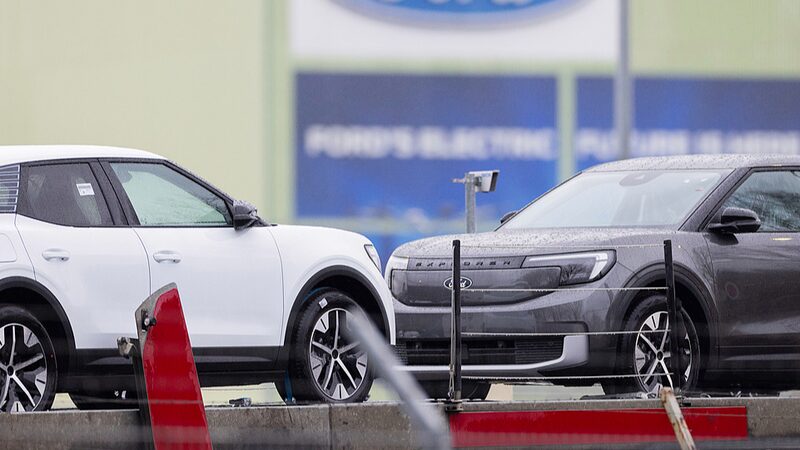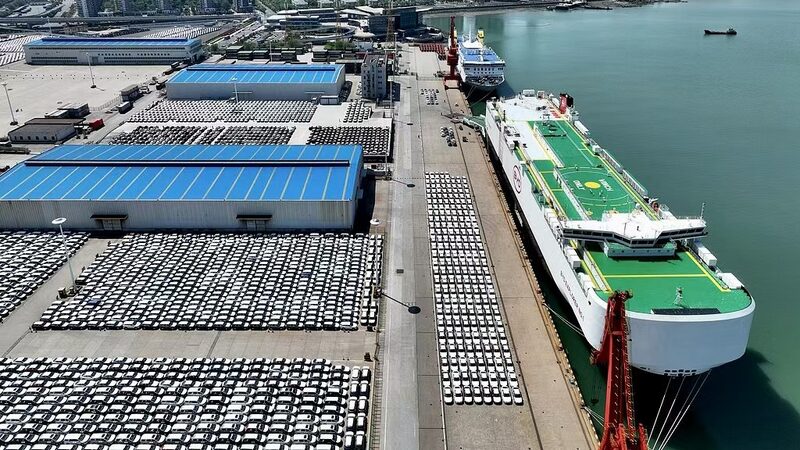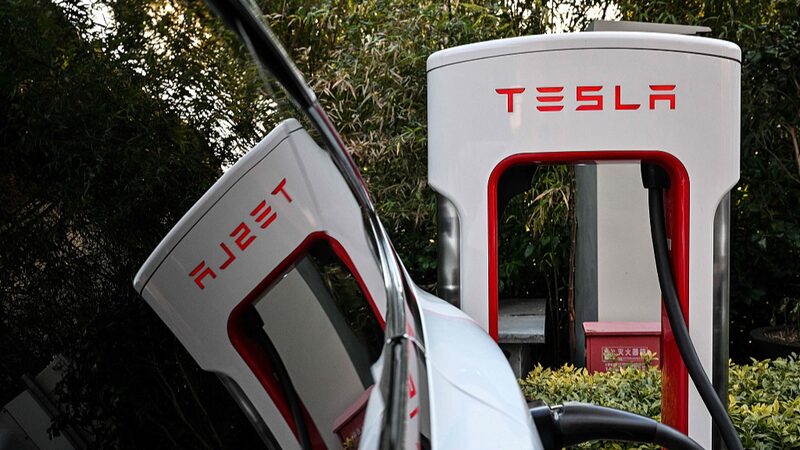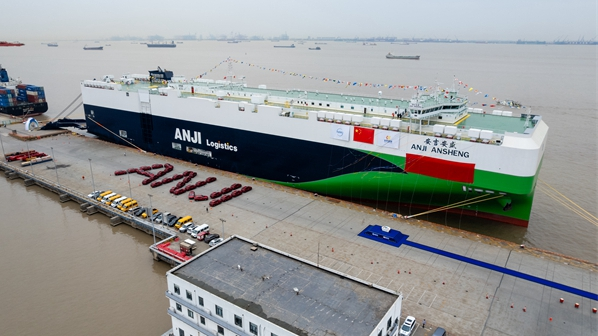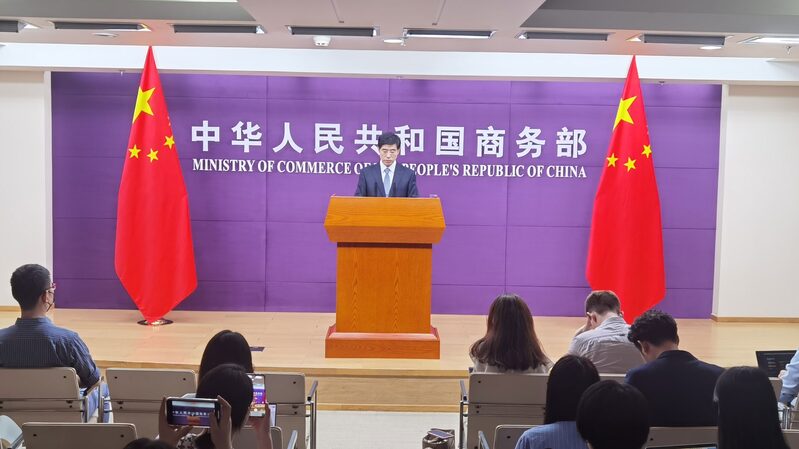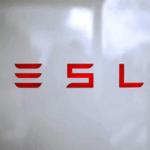The European Union has officially increased tariffs on Chinese-built electric vehicles (EVs) to a staggering 45.3%, following its most prominent trade investigation yet. This move, part of the EU's anti-subsidy probe launched just over a year ago, imposes additional tariffs ranging from 7.8% for Tesla to 35.3% for China's SAIC, on top of the standard 10% car import duty. The new tariffs were published in the EU's Official Journal on Tuesday and are set to take effect immediately on Wednesday.
According to the European Commission, these tariffs aim to counteract what they describe as unfair subsidies, including preferential financing, grants, and the provision of land, batteries, and raw materials at below-market prices. However, this decision has sparked significant backlash from major global players.
China's Strong Opposition
The Chinese mainland has voiced strong disapproval of the EU's decision. A spokesperson from the Ministry of Commerce stated that the EU's anti-subsidy investigation is irrational and riddled with non-compliance issues, labeling it a protectionist tactic masked as \"fair competition.\" China has already taken the matter to the WTO's dispute settlement mechanism and vows to protect the legitimate rights of its enterprises.
UK and Germany Stand Against the Tariffs
The United Kingdom is taking a different stance. Jonathan Reynolds, the UK's Secretary of State for Business and Trade, expressed openness to revive key trade dialogues with China and has no plans to adopt the EU's tariff measures on Chinese EVs.
Meanwhile, Germany's main auto industry group has raised alarms over the EU's tariffs, warning of a potential far-reaching trade conflict. Hildegard Mueller, president of the German Association of the Automotive Industry, criticized the tariffs as a setback for free global trade and European prosperity. BMW's head, Oliver Zipse, echoed these concerns, highlighting that the move could hinder the supply of EVs in Europe and slow down the region's transport decarbonization efforts.
Ongoing Negotiations
Despite the tensions, China's Ministry of Commerce indicated a willingness to continue negotiations on price commitments for Chinese-made EVs. Technical teams from both sides are currently engaged in a new phase of consultations, aiming to reach a mutually acceptable solution and prevent an escalation of trade frictions.
As the global market watches closely, the outcome of these negotiations could have significant implications for the future of electric vehicle trade and international relations.
Reference(s):
China, UK, Germany express disapproval over EU tariffs on Chinese EVs
cgtn.com

